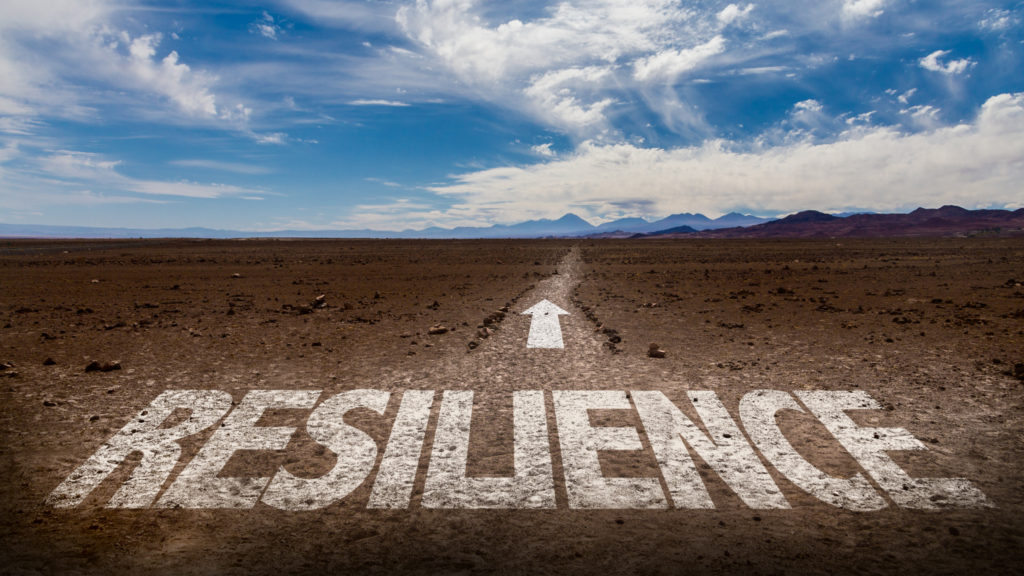Develop Resilience: Challenge All Your Assumptions
All of us have experienced disappointment and setbacks. It’s a natural part of life. What separates the successful from the unsuccessful is how they deal with these challenges. Those who are able to pick themselves up and try again are said to have resilience.
Resilience is not simply a matter of grit or determination. It’s also about having a realistic view of the situation and being able to see the potential for positive outcomes, even in the midst of difficulties.
People who are resilient are often able to draw on inner strengths and resources, including their social support networks, to help them get through tough times.
If you find yourself frequently feeling overwhelmed by life’s challenges, there are things you can do to build your resilience. One place to start is by examining your assumptions about yourself and the world around you.
Are you assuming that because something hasn’t worked out in the past, it never will?
Are you assuming that you don’t have what it takes to overcome a particular obstacle?
Are you assuming that a difficult situation is a catastrophe that cannot be survived?
Challenging these negative assumptions can be an important step in developing resilience. When you catch yourself making one of these assumptions, take a moment to consider whether it might be true.
If not, what other explanation might there be for the situation? What other outcome might be possible? Keeping an open mind and maintaining a sense of hope, even in the face of setbacks, can help you persevere through difficult times and come out stronger on the other side.
Why Is It Important To Challenge Your Assumptions?
Assuming that you know everything there is to know about a subject can lead to all sorts of problems. For one thing, it can make you blind to new information that could be useful or important. It can also lead you to make faulty assumptions and judgments, which can in turn lead to bad decisions.
That’s why it’s always important to challenge your assumptions, even (or especially) when you’re sure you’re right. By constantly questioning your own beliefs and ideas, you can ensure that you stay open-minded and able to see things from different perspectives.
Additionally, challenging your assumptions allows you to grow and learn new things, which can only be a good thing.
So next time you find yourself getting too comfortable with your ideas, remember to step back and question them. It might just be the best thing you ever do.
How Can You Challenge Your Assumptions And Become More Resilient In Your Life?
According to psychologist Jennifer Sonn, we all have a set of assumptions that guide our lives – even if we’re not aware of them. Often, these assumptions are based on our past experiences and they help us to feel safe and secure.
However, when our assumptions are challenged, it can be difficult to cope. We may feel threatened or unsafe, and our first instinct may be to defend ourselves or retreat.
However, if we can learn to become more resilient, we can better weather the storms of life. Resilient people are able to adapt and rebound from setbacks more easily. They’re also more open-minded and willing to try new things.
To build resilience in your life, start by questioning your assumptions and beliefs. Why do you believe what you believe? Are there other ways of looking at the situation? By challenging your assumptions, you can become more flexible and adaptable – traits that will serve you well in times of change or adversity.






